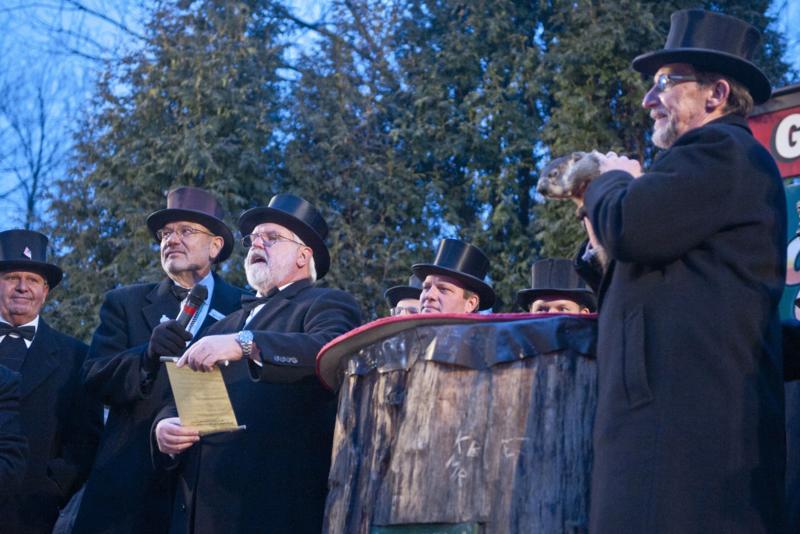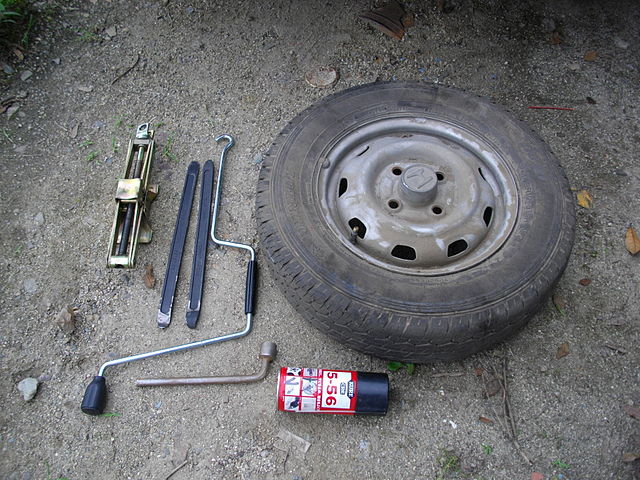Governor Tom Corbett Proposes $27.139 Billion Budget
Governor Tom Corbett has unveiled his budget proposal for the 2012-13 fiscal year. The $27.1 billion spending plan comes in $10 million under the current year’s actual budget and represents what the governor calls a realistic budget in difficult times.
Prior to the Governor’s speech to a joint session of the General Assembly, state Budget Secretary Charles Zogby reported that the projected revenue shortfall for the current fiscal year is up to $719 million, putting more pressure on the governor and lawmakers who will have to craft the next budget.
While basic education would see a slight increase in its General Fund subsidy, it would all but hold the line from last year’s overall number. The governor took the opportunity during his address to chastise political opponents, saying they misrepresented his education budget last year. The governor says he raised basic ed funding, but the evaporation of federal stimulus dollars results in an overall decrease in spending.
Governor Corbett is proposing more deep cuts to higher education, which last year was slashed by about 20%. This year, the 14 state-owned universities would see their state funding slashed by another 20% under the governor’s plan. Meanwhile, three of the four state-related universities – Penn State, PITT and Temple – would average 30% cuts. Lincoln University would receive the same funding level as last year. Governor Corbett also announced the formation of a special panel to examine the way higher education is funded in Pennsylvania. He has appointed former state Senator Rob Wonderling to head that committee and report back in November.
Next up in the state budget process: weeks of budget hearings in Harrisburg, then lawmakers will try to iron out a final spending plan that will be brought to the floors of the House and Senate by June 30th.















